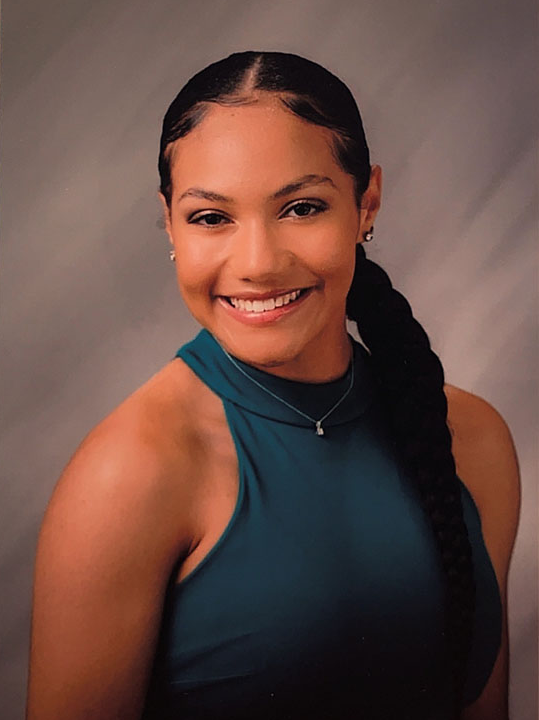Lauren Weaver

Pronouns: She/Her/Hers
UROP Fellowship: Biomedical and Life Sciences
Research Mentor(s): Michael Heaney, PhD
Research Mentor Institution/Department: University of Glasgow, School of Social and Political Sciences
Presentation Date: Wednesday, August 4th
Session: Session 3 (5pm-6:20pm EDT)
Breakout Room: Room 1
Presenter: 1
Abstract
Since Donald Trump’s election into presidential office in November 2016, the United States has seen a huge increase in protests on the streets of cities nationwide. With protests like the Women’s March (2017, 2018,2019), the March for Our Lives (2018), Families Belong Together (2018), and the Global Climate Strike (2019), millions of people have participated in rallying and using their voices for what they believe in. Protest is used as a communication tool by citizens to communicate views, concerns, or feelings of misrepresentation to their government. In this project, I set out to answer the following question: Why do people attend events and protests and how do individual’s motives differ from city to city? In order to answer the proposed research question, I will conduct a quantitative and qualitative content analysis of roughly 300 surveys conducted during different protests and events located in Minneapolis, Los Angeles, Washington D.C., and New York. In these surveys, I can extract data about which specific categories individuals select to describe their motivations for attending, as well as why they are present in their own words using write-in answers. As opposed to the abundance of research examining how protests are impactful in our government and politics, this research project will specifically unpack the frequency and reality of different motives individuals have for attending protests around the country. Exploring the individuals behind these huge, organized protests is impactful as it highlights the people and their thoughts behind the various causes being fought for around the country. Future expansion of this project could include analysis of trends of the type of protests individuals choose to attend in addition to the one they were surveyed at.
Authors: Lauren Weaver
Research Method: Survey Research







